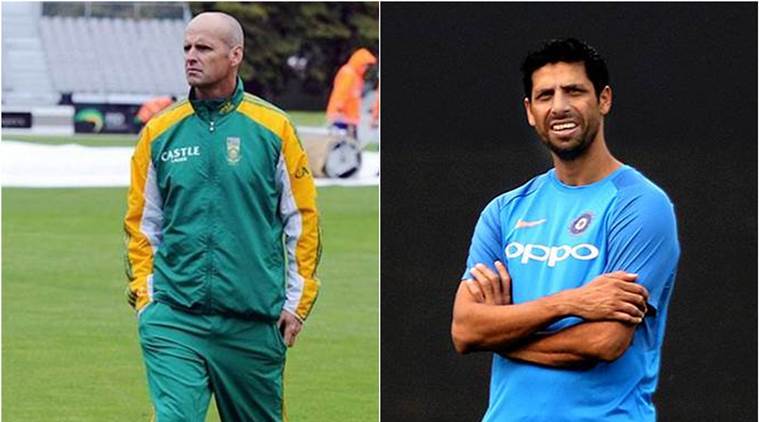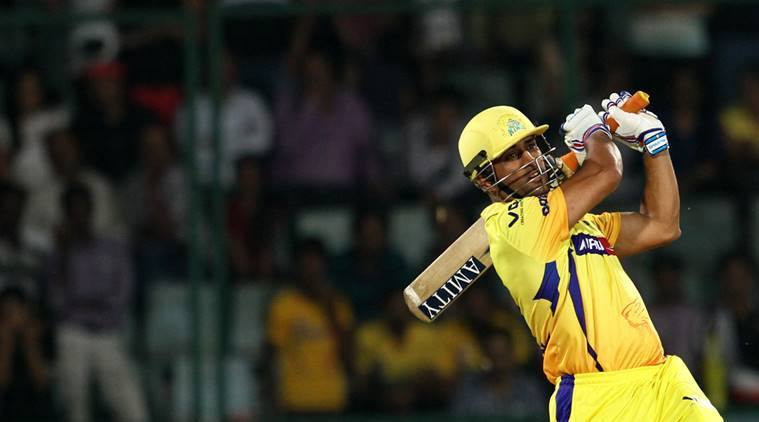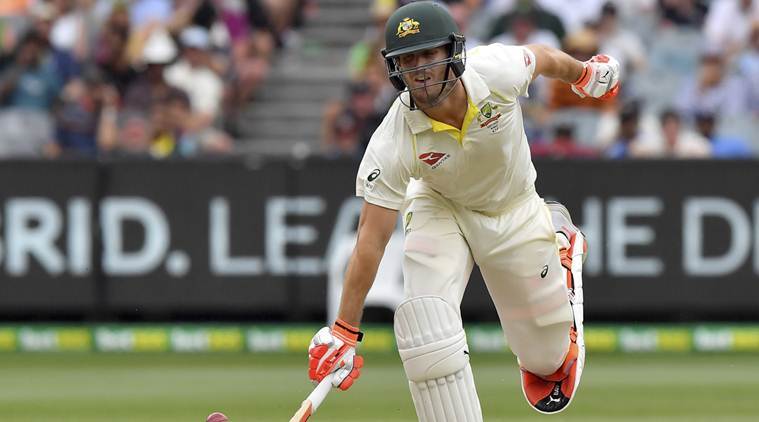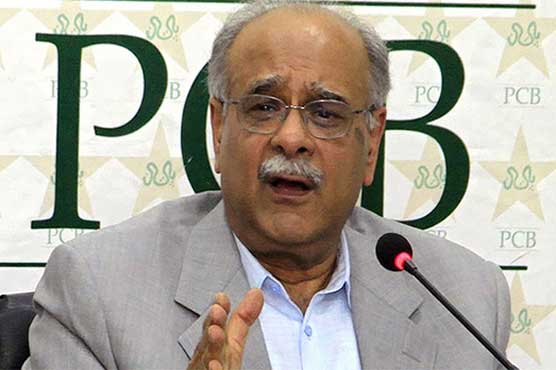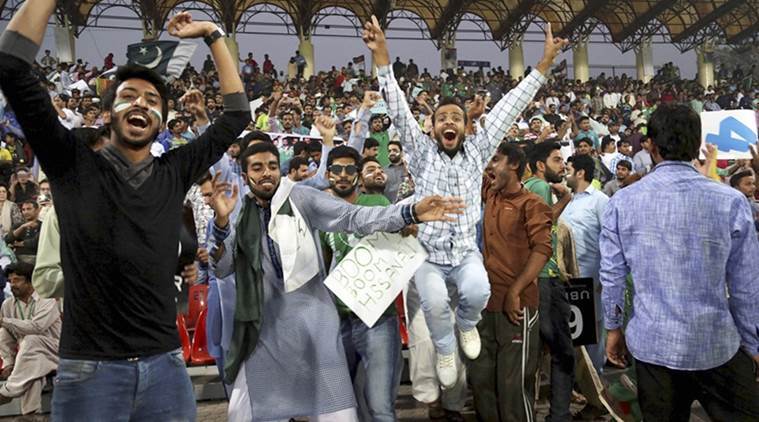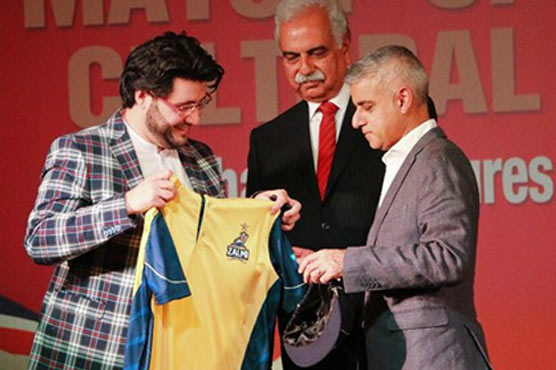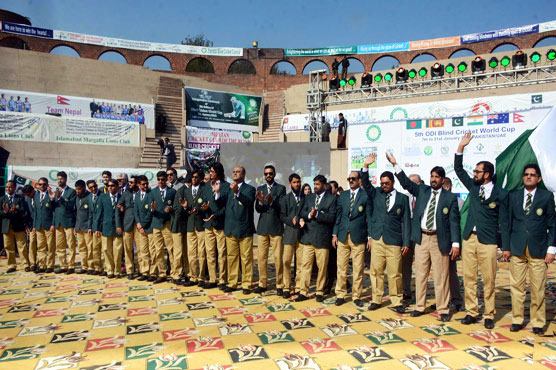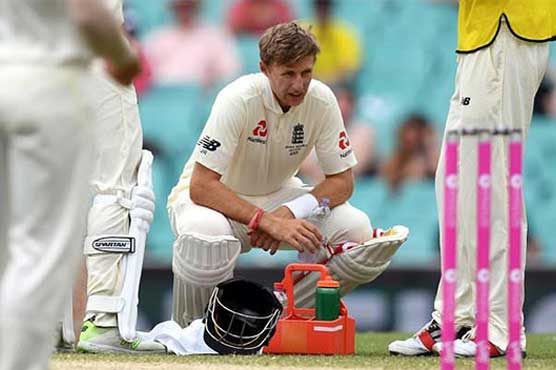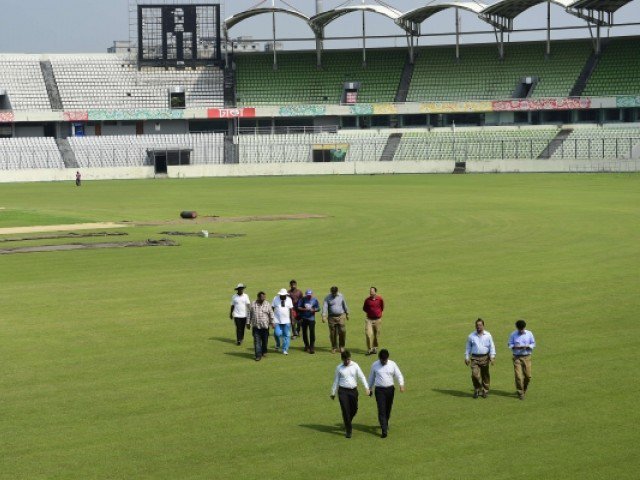Will Sabbir Rahman be considered for the upcoming home assignments after the batsman allegedly assaulted a young fan during the final-round match of the National Cricket League in Rajshahi?
The question has been surfacing within the cricket fraternity as, according to sources, there was no dispute among the Bangladesh Cricket Board (BCB) officials about Sabbir deserving the sternest punishment for his deeds on December 21.
There was agreement about the notion that just financial penalties will not be enough to prevent further wrongdoings from Sabbir and it was reflected in the comments of BCB's disciplinary committee chairman Sheikh Sohel, who said: "We will sit on Monday regarding the issue. So far we didn't get any good result after imposing financial penalty on this player, so it's a matter to be considered before taking a decision. He committed two indiscretions this time as he assaulted a young fan and was aggressive with the match officials."
Sabbir's short career has been dotted with a number of disciplinary issues and the 26-year-old batsman had earlier faced heavy financial penalties.
The match referee's report has already been submitted to the disciplinary committee for their suggestions and recommendations. "He should be punished, there is no doubt about it but we are considering a number of options -- like just imposing a financial penalty again, a six-month ban from all cricket, banning him only from domestic cricket for a long period of time so that he faces the consequences of missing the Dhaka Premier League and the BPL," said an official on condition of anonymity.
A question has also come to the fore about whether it will be wise to ban him ahead of such an important home series in the New Year when there are no ready replacements. If this is part of the considerations, it is unfortunate because it carries on a tradition of leniency that is at odds with a board and a board president who have often touted their zero-tolerance policy when it comes to disciplinary issues.
The culture of tolerating misbehavior if the perpetrator is a good player becomes plain to see when one remembers that player assaults on spectators is not a new thing in Bangladesh. Shakib Al Hasan was banned when he assaulted a spectator during an international match in 2014, but soon afterwards the then coach Shane Jurgensen, captain Mushfiqur Rahim and Mashrafe Bin Mortaza had gone to BCB boss Nazmul Hassan to plead his case, because he is an important player in the team.
It stood Bangladesh cricket in good stead that Hassan did not acquiesce to that request because it set an example of stern punishment for disciplinary breaches and that in turn translated to a healthier team culture. But just as Bangladesh's cricket has declined since the heady days of 2015 and 2016, this standard has also fallen, judging by the current pussyfooting over Sabbir's punishment and the inaction about the three cricketers who broke curfew after a 200-run loss in South Africa.
England's star all-rounder Ben Stokes was banned from the all-important Ashes because of a Bristol street brawl, without a thought being given to how England will suffer without them.
And the acts of Stokes and Shakib, while abhorrent, did not victimise a minor as did Sabbir's. And if the board were truly professional, it should be completely beside the point how important Sabbir is as a player. In reality however, the board's approach is anything but zero-tolerance.


